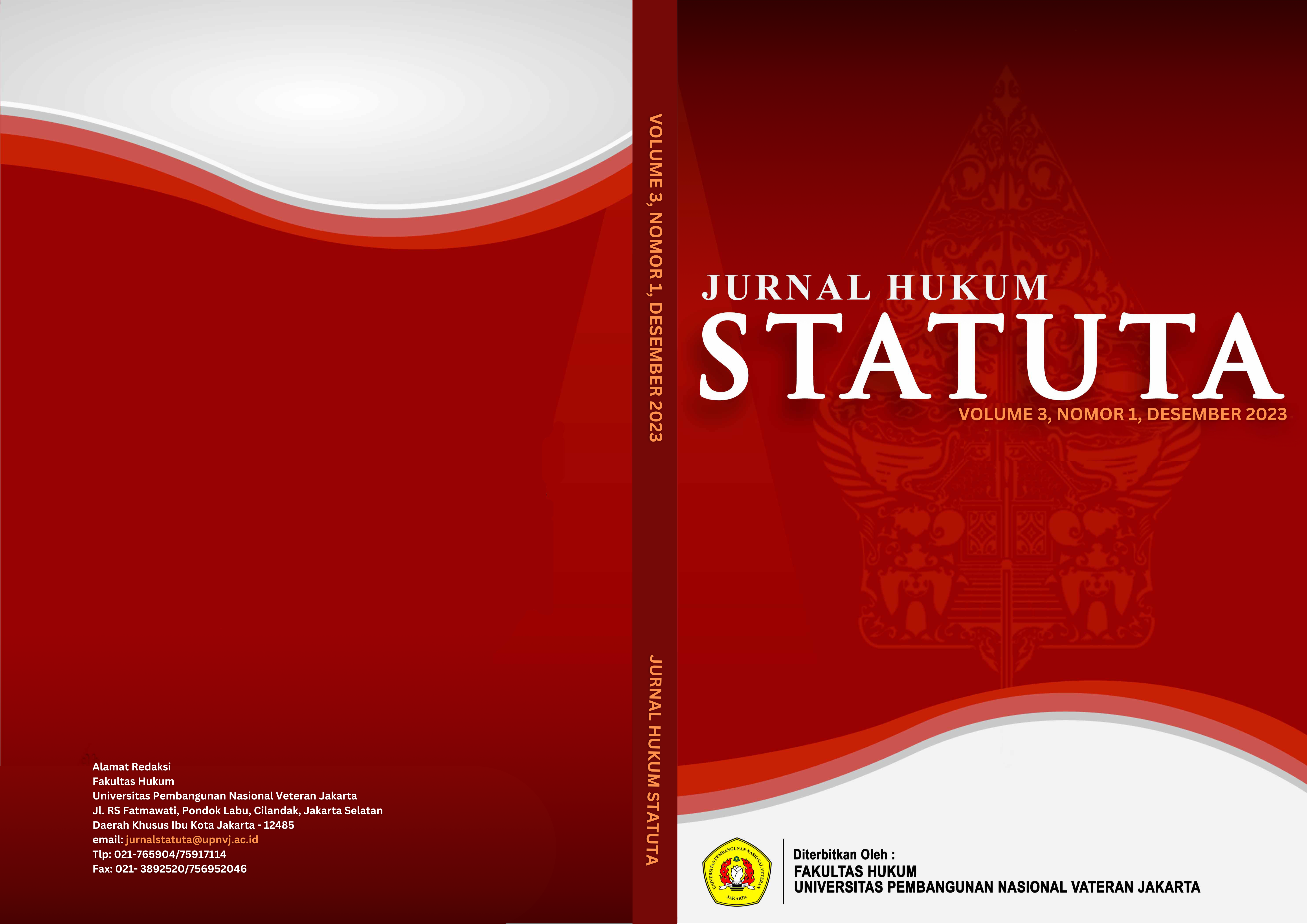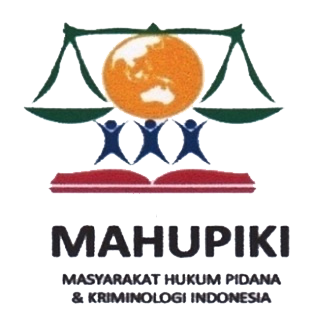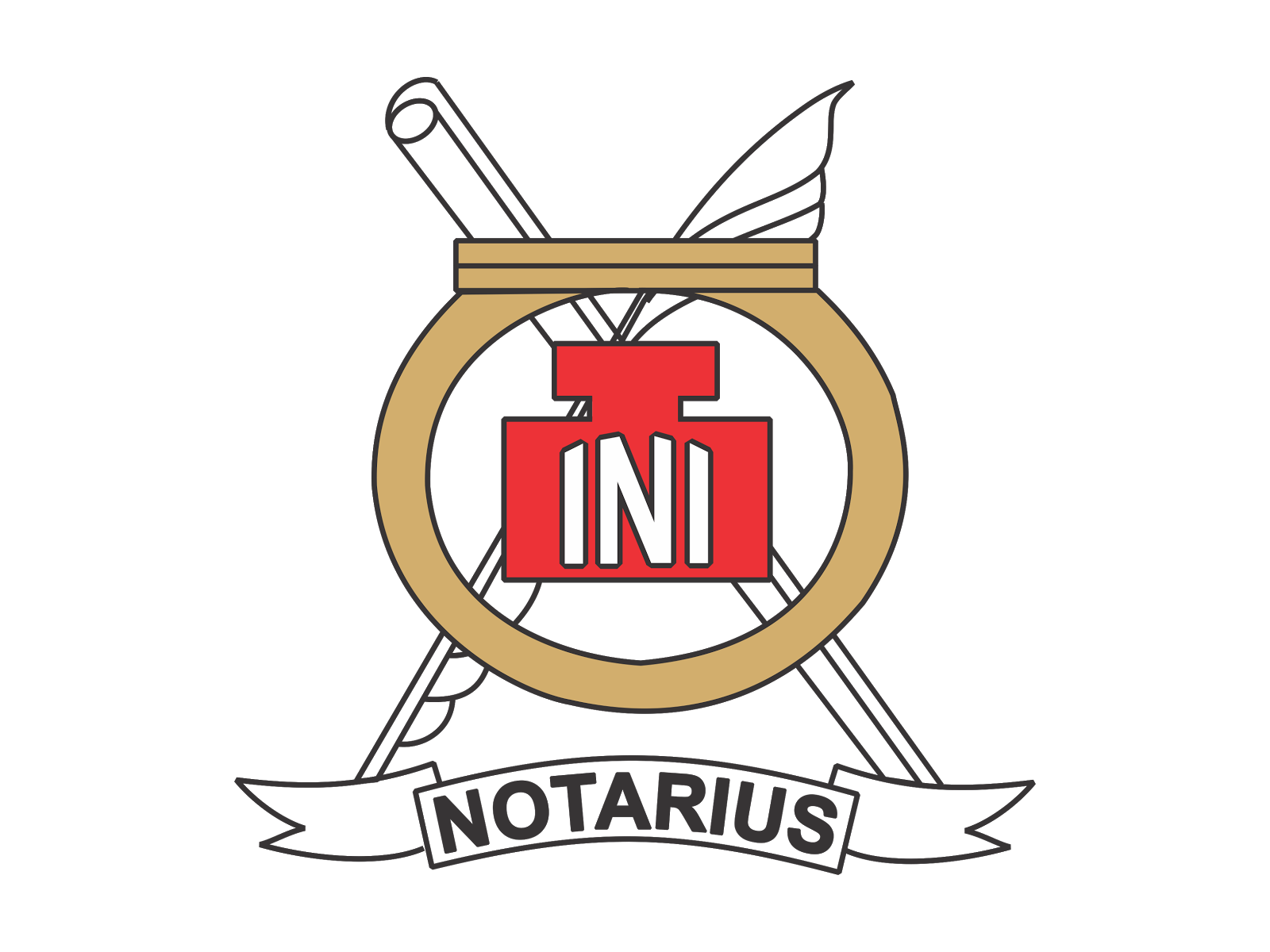Upaya Hukum Perusahaan Untuk Bangkit Dari Jeratan Tuntutan Kepailitan
DOI:
https://doi.org/10.35586/jhs.v3i1.8978Keywords:
Aset Debitur, Kepailitan, Pemanfaatan AsetAbstract
The bankruptcy of a company has widespread negative impacts, both locally and globally. Therefore, the existence of bankruptcy institutions is crucial in the business world. These institutions enable the orderly and fair settlement of debts when a company can no longer compete or is forced to exit the market.Bankruptcy occurs when a debtor fails to pay debts that have fallen due and can be demanded, indicating an inability to pay or insufficient income to settle debts. Bankruptcy aims to resolve debt issues rather than intentionally destroy a business. The principle of "commercial exit from financial distress" refers to the process by which financially unsustainable companies exit the market in an orderly manner. Facilitating the bankruptcy of debtors can help efficiently and fairly resolve debt, allowing creditors to receive payments according to the legal priorities of bankruptcy, and providing debtors with an opportunity to improve their finances and continue their business. To prevent bankruptcy, companies may file for a moratorium on debt payments to prepare a reorganization plan. However, unethical practices in commercial courts can harm creditors, underscoring the importance for the judiciary system to ensure transparent and fair bankruptcy processes.
References
Adi Soenarno. AZ SELF MOTIVATION Senjata Diri untuk Penyemangat Hidup dan Pembunuh Kata Menyerah. Yogyakarta: Penerbit Andi, 2022.
Alwi Alwi. "Tinjauan Yuridis Upaya Pengajuan Kepailitan Terhadap Perusahaan Asuransi Oleh Nasabah Asuransi." (n.d.). https://doi.org/10.29210/020211225.
Andzar Ibrahim, Khairul Hidayat, Nani Reni. "Upaya Hukum Pekerja Untuk Mendapatkan Hak-Haknya Pada Perusahaan Pailit Jika Harta Pailit Tidak Mencukupi." (n.d.).
Annisa Fitria. "Penundaan Kewajiban Pembayaran Utang Sebagai Salah Satu Upaya Debitor Mencegah Kepailitan." (n.d.).
Ayu Gisdaryani Saputri. "Tanggung Jawab Kurator Dalam Penyelesaian Utang Pada Perusahaan Yang Pailit." (Doctoral Disertasi, Universitas Tadulako).
Jefri Ariman Sitepu, Budi Santoso. "Upaya Hukum Kurator Untuk Memberikan Perlindungan Hukum Atas Hak Karyawan Pada Perusahaan Yang Diputus Pailit Setelah Putusan Mk No. 67/Puu-Xi/2013." (Doctoral Disertasi, Universitas Diponegoro).
M Hadi Subhan. Hukum kepailitan (Prinsip, Norma, dan Praktik di Pradilan). Jakarta: Kencana Pranada Media Group, 2012.
M. Parmadean. Kisah Fenomenal 10 Tokoh Dunia. Yogyakarta: Penerbit Andi, 2024.
Marihot Janpieter Hutajulu. "Kajian Yuridis Klausula Arbitrase dalam Perkara Kepailitan." (n.d.). https://doi.org/10.24246/jrh.2019.v3.i2.p175-192.
Mustafa Siregar. "Efektifitas Perundang-Undangan Perbankan dan Lembaga Keuangan Lainnya, dengan Penelitian di Wilayah Kodya Medan." (Disertasi, USU).
Norna Haniaden, Mas Anienda Tien Fitriyah. "Akibat Hukum Debitor yang Tidak Menempuh Upaya Hukum Rehabilitasi Setelah Kepailitan Berakhir." (n.d.).
Rahayu Hartini. Edisi Revisi Hukum Kepailitan. Malang: UMMPress, 2007.
Serlika Aprita. Penerapan Asas Kelangsungan Usaha Menggunakan Uji Insolvensi: Upaya Mewujudkan Perlindungan Hukum Berbasis Keadilan Restrukturitatif Bagi Debitor Pailit dalam Penyelesaian Sengketa Kepailitan. Jember: Pustaka Abadi, 2019.
Sri Redjeki Hartono. Kapita Selekta Hukum Ekonomi. Bandung: Mandar Maju, 2000.
Wulan Wiryanthari Dewi, I Made Tjatrayasa. "Akibat Hukum Penundaan Kewajiban Pembayaran Utang terhadap Status Sita dan Eksekusi Jaminan Ditinjau dari Undang-Undang Nomor 37 Tahun 2004." (n.d.).
Downloads
Published
How to Cite
Issue
Section
License

This work is licensed under a Creative Commons Attribution-ShareAlike 4.0 International License.
Authors who publish with this journal agree to the following terms:
- Authors retain copyright and grant the journal right of first publication with the work simultaneously licensed under a Creative Commons Attribution-ShareAlike 4.0 International License that allows others to share the work with an acknowledgement of the work's authorship and initial publication in this journal.
- Authors are able to enter into separate, additional contractual arrangements for the non-exclusive distribution of the journal's published version of the work (e.g., post it to an institutional repository or publish it in a book), with an acknowledgement of its initial publication in this journal.
- Authors are permitted and encouraged to post their work online (e.g., in institutional repositories or on their website) prior to and during the submission process, as it can lead to productive exchanges, as well as earlier and greater citation of published work (See The Effect of Open Access).
Jurnal Statuta have CC-BY-SA or an equivalent license as the optimal license for the publication, distribution, use, and reuse of scholarly work.
In developing strategy and setting priorities, Jurnal Statuta recognize that free access is better than priced access, libre access is better than free access, and libre under CC-BY-SA or the equivalent is better than libre under more restrictive open licenses. We should achieve what we can when we can. We should not delay achieving free in order to achieve libre, and we should not stop with free when we can achieve libre.
You are free to:
- Share — copy and redistribute the material in any medium or format
- Adapt — remix, transform, and build upon the material for any purpose, even commercially.
The licensor cannot revoke these freedoms as long as you follow the license terms.

Jurnal Statuta licensed under a Creative Commons Attribution-ShareAlike 4.0 International License.











